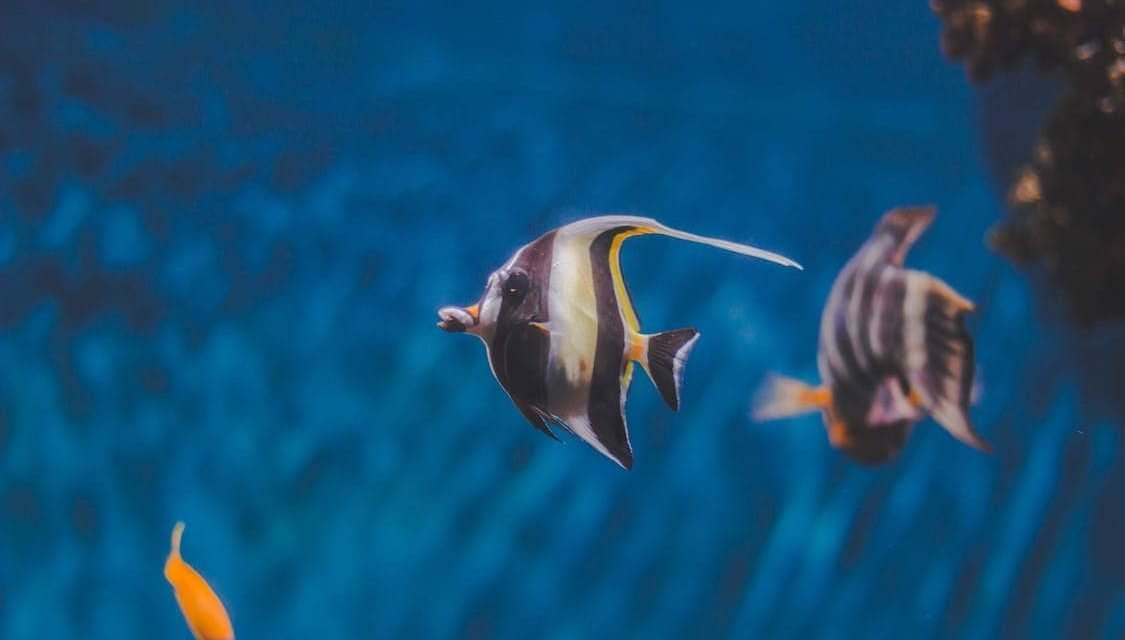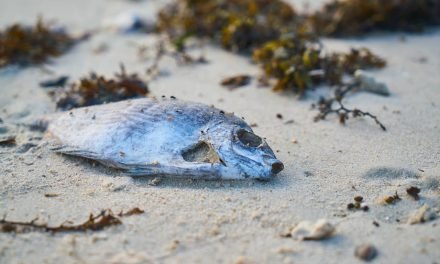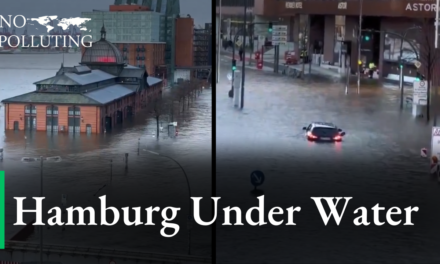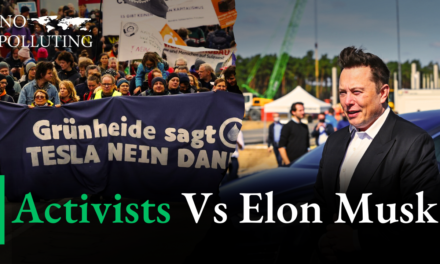Increasing Plastic Waste Threatens Marine Life
Water pollution in Kuwait is becoming a serious concern as plastic waste accumulates in Kuwait Bay, posing a significant threat to marine life and consumers.
A recent environmental research study conducted by the British Center for Environmental Sciences, Fisheries, and Aquaculture (CEFAS) in collaboration with the Kuwait Institute for Scientific Research has revealed alarming levels of plastic pollution in the fish of the Kuwait Sea.
Eight types of main fish commonly consumed in Kuwait, including grouper, Zubaida, narrower, shim, mead, shrimp, and crabs, were found to contain microplastic particles in their digestive tracts, which can have adverse effects on both marine life and human health.
Long-lasting Plastic Waste
Plastic waste is a global issue, and its impact on the marine environment is a major concern.
Plastic bottles, for instance, take more than 450 years to decompose, posing a significant threat to marine ecosystems.
Much of the plastic waste comes from human waste on beaches and boats, which ends up in the middle of seas and oceans, harming marine creatures like whales, birds, and turtles.
The toxic substances carried by plastics can lead to the death of fish that consume them.
Grave Consequences for Marine Life
The study revealed that one fish in the Gulf waters contains an astonishing 20 plastic particles.
Furthermore, a staggering 75% of dead turtles in the Arabian Gulf have consumed plastic, significantly impacting the entire Gulf region’s waters.
With plastic pollution reaching hazardous levels, urgent action is needed to protect marine life and the environment.
International Treaty to Combat Plastic Pollution
The United Nations Environment Program is working with countries, including Kuwait, to develop an international treaty on reducing plastic pollution, particularly in marine environments.
The treaty aims to impose sanctions on individuals or entities violating the regulations. While the negotiations are still ongoing, it is hoped that the treaty will be signed before the end of this year, in December 2023.
Collaboration and Awareness for a Cleaner Future
Addressing water pollution in Kuwait requires a collaborative effort from all stakeholders, including government bodies, environmental organizations, and individuals.
Measures like improved waste management, recycling, and public awareness campaigns can help tackle the plastic waste problem.
Furthermore, an environmental curriculum in schools can play a crucial role in educating the younger generation about the importance of protecting the environment.
Preserving Kuwait’s Coastal Ecosystems
Kuwait faces challenges related to rising sea temperatures, oil spills, sewage, and improper waste disposal practices.
To safeguard coastal ecosystems and marine life, it is essential to collect data on pollution sources and implement effective mitigation strategies.
Additionally, restoring and preserving natural habitats, such as mangroves and salt marshes, can contribute to a healthier marine environment.
Looking Towards a Brighter Future
While the threats of water pollution and plastic waste are serious, there is still hope for positive change.
Sustainable technologies are being developed, and global commitments to reduce emissions are underway.
With coordinated efforts and international cooperation, a cleaner and healthier marine ecosystem can be achieved, not only in Kuwait but also worldwide.
Preserving marine life is crucial for the overall health of the planet, and everyone must play their part in protecting our oceans and marine biodiversity.










